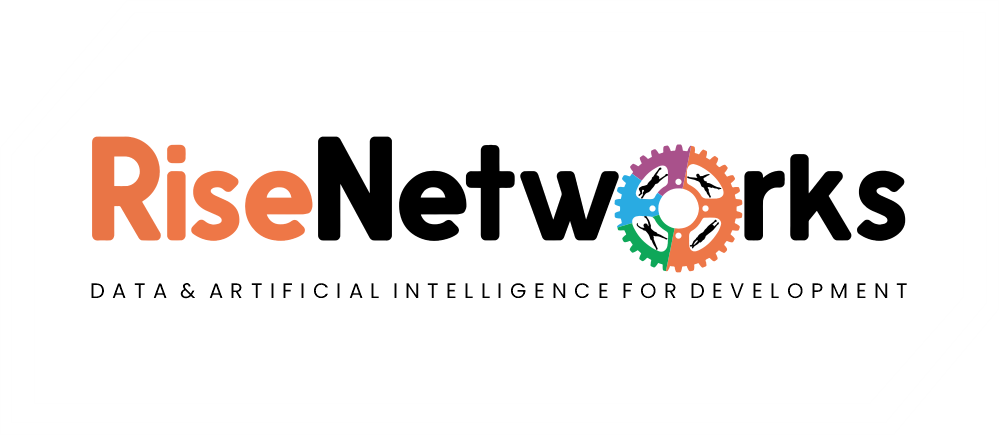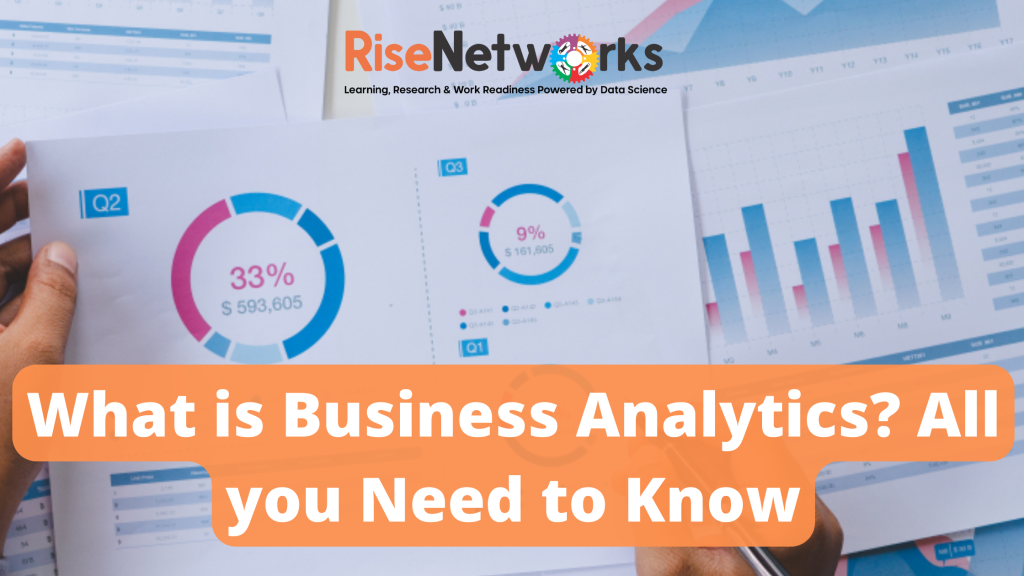What is Business Analytics? All you Need to Know
Business analytics is a form of data analysis that uses statistical methods to help companies understand their data and make better business decisions. The process includes collecting, organizing, analyzing, and interpreting data to conclude past performance and future trends.
The goal of business analytics is to improve the performance of the organization by identifying key areas for improvement and providing the tools to improve them. The insights gathered from business analytics can be used for planning, forecasting, operational decision-making, and strategic decision-making.
Business analytics requires a solid understanding of statistics, math, software engineering, and information technology. It also requires an in-depth knowledge of business processes and functions such as marketing, finance, operations management, human resources management, manufacturing, accounting, supply chain management, and sales management.
Business analytics is also sometimes known as descriptive analytics, advanced analytics, or business intelligence.
There are three types of business analytics:
-Descriptive Analytics
-Predictive Analytics
-Prescriptive Analytics
Benefits Of Business Analytics On A Business
Business analytics can have a significant and transformative impact on your business. Below are some of the most common benefits:
-Explore large amounts of data and identify trends quickly
-Create visualizations that are easy to understand and share with others.
-Gain insights into customer behaviour and make data-driven business decisions
-Make better, more informed decisions that will improve your business
-Achieve a competitive advantage over other businesses by gaining unique insights about your customers and their behaviour
-Improve efficiency by automating tasks in the workplace
– Empower managers to take charge of their processes
– Increase the speed and quality of business decision making
– Reduce costs and improve efficiency
– Increase profitability
Tools Used In Business Analytics
Business Analytics employs a variety of tools, some of which are listed below.
-SAS Business Analytics (SAS BA)
-QlikView
-Board
-Splunk
-Excel
-Microstrategy
-KNIME
-Dundas BI
-TIBCO Spotfire
-Tableau Big Data Analytics
Uses Of Business Analytics
-Inventory Management
One of the best uses for Business Analytics is in inventory management. Business Analytics information can help you keep track of what products are selling, which ones aren’t, and how much stock you have on hand.
This is especially important if you have a large inventory. With this information, you can adjust your purchasing to better meet client demand.
-Keep Track Of Marketing Performance
Another excellent application for Business Analytics is determining the effectiveness of your marketing campaigns.
You can track who visits your page and how they navigate through it, which can help you figure out where to focus your efforts. For example, if one page is getting a lot more traffic than another, it may be time to update that one with fresh content or new images/videos.
-Improve Website SEO
You can also use Business Analytics to find out what search terms people are using when they find your business online. This can help you improve your website’s SEO so more people will be able to locate it easily!
-To Increase Profits
Business Analytics can be used to increase profits by identifying trends in a market and to inform decisions that improve the efficiency of business processes. It can also be used to identify areas where a company is wasting money so that it can cut costs.
-To Analyze Customer Data And Improve The Quality Of Products
Analytics can be used by businesses to manage the supply chain and make decisions about the best way to deliver products to customers.
They can use it to analyse customer data and improve product quality by developing new features based on what customers want.
To Run Advertisements
It can be used to run advertisements and market new products or services to specific demographics.
Data Collection.
Companies collect data from a variety of sources, including social media sites, online reviews, and mobile applications. Once it has been collected, the data should be analyzed to determine how the company can best use it to improve its decision-making process.
To Make Prediction
Businesses can use business analytics in a variety of ways, but one of the most common is through predictive modelling. This type of analysis involves using historical data to predict future trends or events.
For example, a company may want to know how many customers are likely to buy their product next month. Depending on what they discovered during their analysis, they could use this information as part of an advertising campaign or sales strategy.
Analyze Large Amounts Of Data Quickly
Another way companies use business analytics is by using artificial intelligence (AI). AI allows companies to analyze large amounts of data quickly and accurately so that they can make informed decisions about how best to serve their customers’ needs and wants without having any human interaction whatsoever!
To Understand Business Market And Customers
Business analytics is used by companies that want to understand their market and customers so they can increase their sales and improve their business processes. The analytics professional will typically use statistical tools, mathematical models, and algorithms to analyze past data to make predictions about what will happen in the future.
Efficient Operations
Business analytics is also used by companies that are interested in making their operations more efficient.
For example, an e-commerce company may use business analytics to determine the most cost-effective way to deliver products from its warehouses to customers’ homes, or a bank may use business analytics to determine which types of loans are the most profitable for them.

